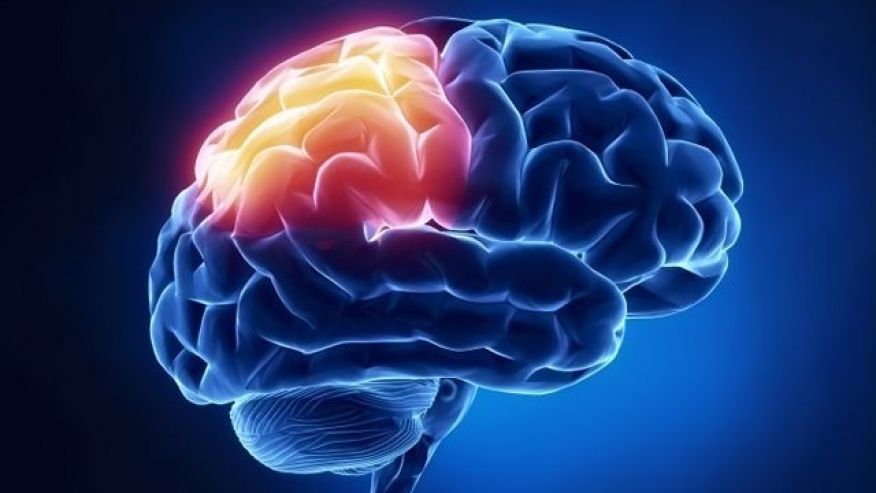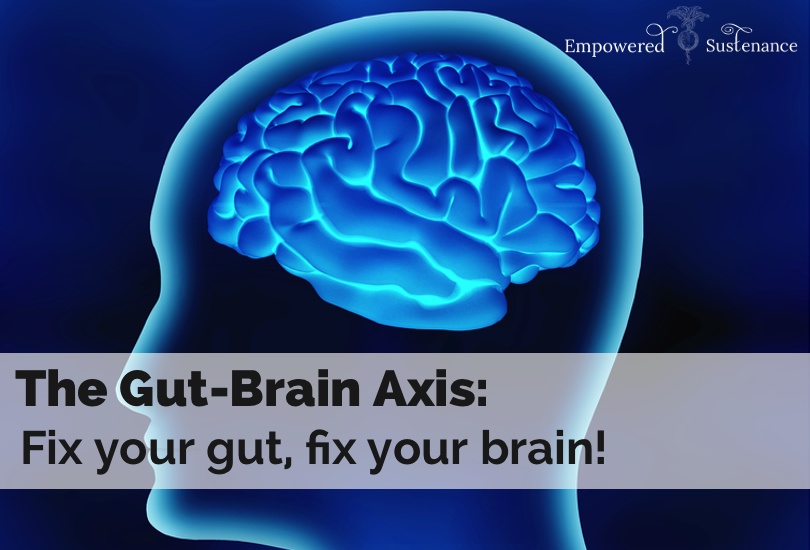Nutrition healing effects on addicted brain

Nutrition healing effects on addicted brain are very effective when all substances are eliminated
Nutrition healing effects on addicted brain: Amino acids and addiction solutions
For the brain to recover from addiction effectively, the addicted person’s brain will need good food nutrients, and that is why we want to look at the nutrition effects on the addicted brain as we progress into this discussion. Experts at AWAREmed health and wellness resource center under the leadership of doctor Dalal Akoury MD, are sighting amino acids and vitamins as some of essential elements for nourishing the brain. With that in mind, it is important to note that, the good food nutrients and adequate supply of amino acids are not just until you’re feeling better, or until the initial withdrawal and craving are gone. This is because absolutely no one seeking freedom from the discomfort of addiction must make the same kind of commitment to healthy feeding habits all the time if any meaningful achievements are to be realized.
Depending on the content of the amino acids available, some foods increase mental alertness, concentration, and energy, while others are natural tranquilizers that calm feelings of anxiety and stress. The neurotransmitter tyrosine synthesizes to dopamine and norepinephrine, increasing energy and alertness. Foods rich in tyrosine are those derived from animal protein: chicken, turkey, pork, beef, dairy, and eggs. The opposite of that is also true meaning that, all moderate amounts of tyrosine are found in plant foods such as beans, corn, spinach, oatmeal, nuts, and seeds. But most importantly, doctor Akoury notes that, in the process of using diet for recovery, it is worth appreciating that, of all the food nutrients, protein contains all the essential amino acids meaning that, a high-protein diet will give your brain more of what it needs. Complete protein foods include meat, poultry, fish, eggs, and dairy products. The body stores very little protein, so you should eat it at least three times a day. And for the sake of both energy and your brain, we recommend three meals and three snacks daily, and that leads us to the discussion about how best we can support the recovery and healing process.
Nutrition healing effects on addicted brain: Supporting Recovery
To support healing of the brain, other healthy lifestyle choices are important, including some regular exercise, yoga, rest, relaxation, fun, and creative living which are important in reducing stress while increasing a sense of serenity and well-being. Finally, from the experts’ point of view, healthy living with good nutrition is very key to recovery from addiction. Therefore, if you or anyone you know is struggling with addiction and are wondering if they will ever overcome the compulsion and obsession related to an addictive substance or the agony of abstinence, you can be of great help to them by scheduling an appointment on for yourself or your loved ones with doctor Akoury today for quick and professional remedial action to be taken promptly. And as you consider doing that, it will interest you to note that doctor Akoury’s practices focus on personalized medicine through healthy lifestyle choices that deal with primary prevention and underlying causes instead of patching up symptoms. With this kind of professionalism, your condition will be addressed meaningfully in confidence and with high levels of professionalism.
Nutrition healing effects on addicted brain: Amino acids and addiction solutions
http://www.I-AM-I.com/wp-admin





